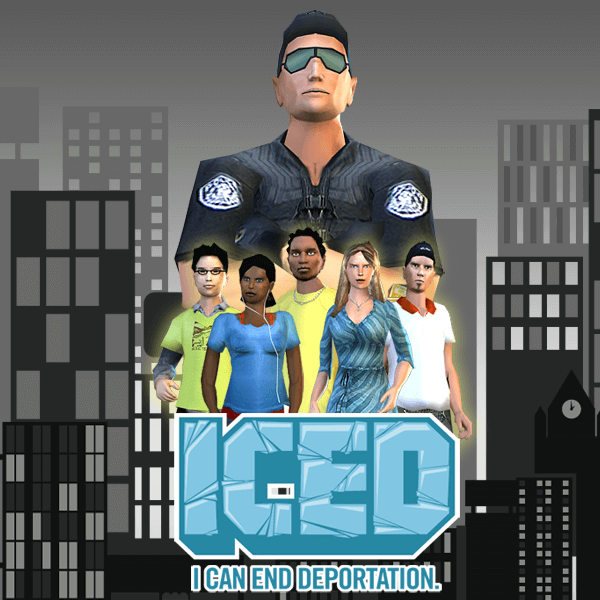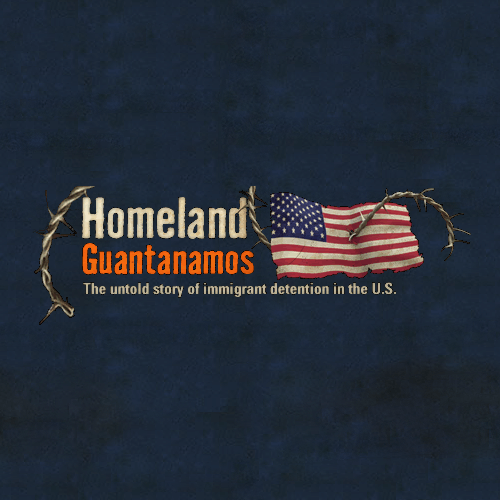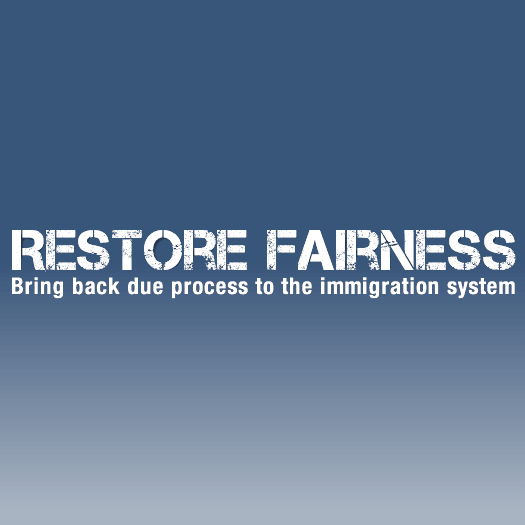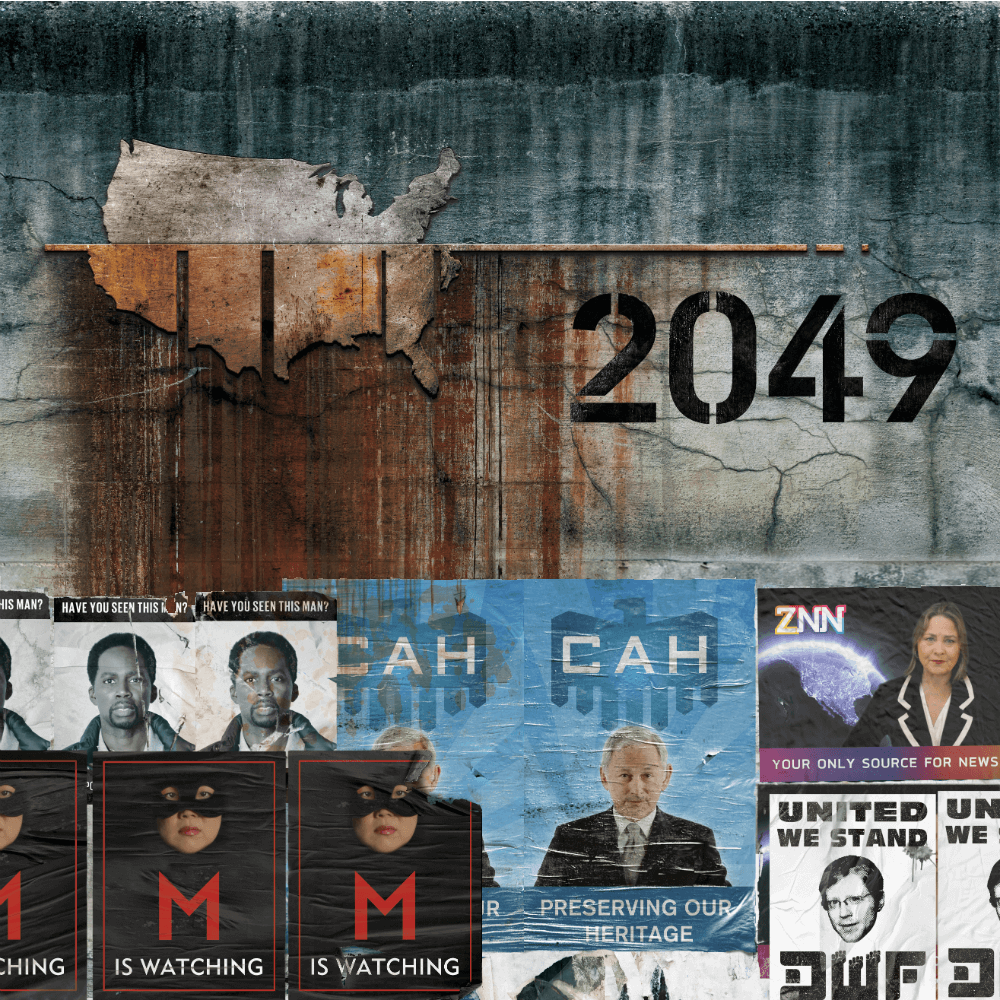GAMEPLAY
The player assumes the role of a journalist trying to collect clues to unravel the death of the real-life case of Boubacar Bah, who died in DHS custody in 2007.
DETAINEE STORIES
Breakthrough went “live from jail” and interviewed several long time permanent US residents who face possible deportation because of unfair immigration laws. The threat of being exiled away from their families and lives is almost too much to bear for them. As one of them says, “this is a nightmare that I’ve not been able to wake up from.”
IMMIGRANT DETENTION IN THE U.S.
Immigrant detention holds legal and undocumented immigrants indefinitely in inhumane conditions. They are detained until a court decides if they can stay in the U.S. or if they will be deported.
Immigrants in detention include legal permanent residents, students, asylum seekers, undocumented people, and hundreds of U.S. citizens every year. People who have been and are detained include the mentally ill, those that are HIV+, the LBGTQI community, women and families with children.
They are detained for a number of reasons like committing a crime, seeking asylum or having undocumented status. Almost half the people in detention have never committed a crime and the rest committed a crime long ago, but already served time, or paid the fine. They are all in detention in non-criminal custody for violating immigration law.
Violation of immigration laws is a civil issue and immigrants detained during the legal process for this violation are in civil custody.
There are nearly 400 detention centers directly run or contracted by the Immigration and Customs Enforcement (ICE) across the U.S. Though no longer in use, there were centers in use in Alaska, Hawaii, Guam, and Puerto Rico as recently as 2014.
Why compare immigrant detention to Guanatanamo?
The Guantanamo Bay detention camp (often called “Gitmo”) in Guantanamo Bay, Cuba and immigrant detention centers in the U.S. seem far apart, but they both subject prisoners to unlawful, inhumane, degrading punishment that denies their due process and violates their human rights.
Like in Guantanamo, detainees in immigrant detention are:
- Held indefinitely, which causes extreme physical and psychological injury
- Held in solitary confinement
- Exposed to extreme temperatures
- Raped and sexually harassed
- Denied medical treatment
- Shackled with handcuffs for prolonged amounts of time
- Committing suicide as a result of indefinite detention
- Holding hunger strikes to protest conditions
- Intimidated by guard dogs
For more information on Guantanamo, visit: http://ccrjustice.org/illegal-detentions-and-guantanamo
The launch of Homeland Guantanamos was linked to the Rights Working Group’s campaign to Hold the Department of Homeland Security Accountable, and was the centerpiece of that year’s Night of 1,000 Conversations, which launched a National Week of Action. These supported legislation to create enforceable standards to address medical care in immigration detention, ensure detainees access to phones, provide notice of transfer between facilities to lawyers and families, install safeguards for vulnerable populations (e.g., minors and persons with disabilities), and meet other longstanding due-process demands.
IMPACT AND REACH
Because of Breakthrough’s use of real cases and video testimonials, these immigrant stories were given a much longer life than the typical news cycle.
- More than 65,000 visits to the website; 66% new visitors.
- 550 unique sources referred visitors to site.
- Top 5 states: New York, California, Texas, Washington, and Virginia.
- People from 160 countries visited the site and played most in the Philippines, the U.S., Canada, Brazil, and the United Kingdom.










